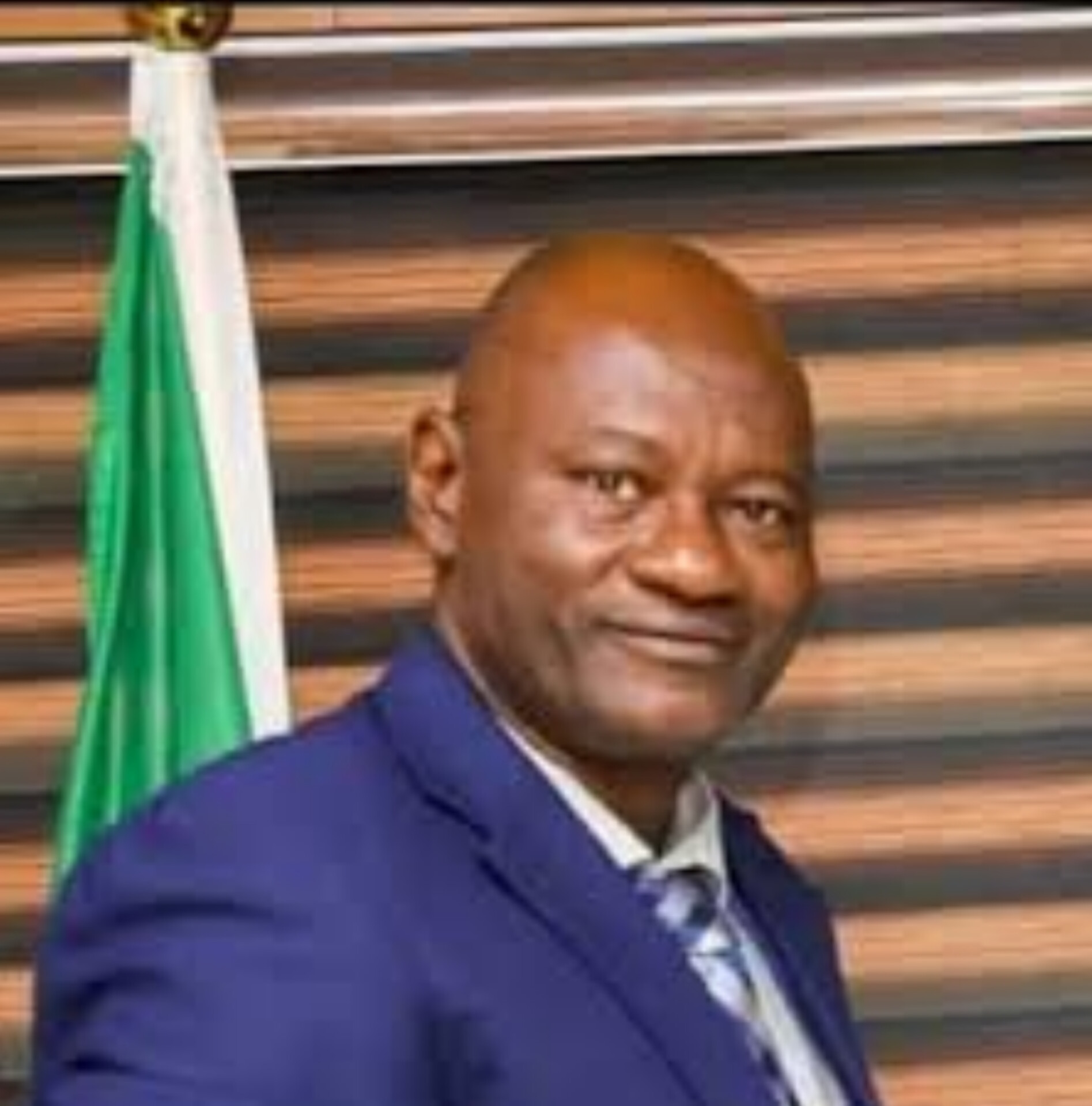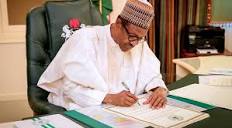Director General of the Institute for Peace and Conflict Resolution (IPCR) Dr Joseph Ochogwu has attributed economic decline and crisis that have bedeviled Nigeria and Africa to leadership failure.
The DG spoke in Abuja during an Experiential Leadership series in Africa themed: Post Crisis Cohesion in Africa: Leadership and the practice of no victor no vanquished.
According to him, in recent times, Nigeria and Africa as a whole have been confronted with heightened spate of crime, insecurity and in particular leadership crisis which has led to a decline in her economic growth and development.

“The narrative of political leadership in the African continent is replete with corruption, misgovernance, nepotism, mediocrity, abuse of power, human rights abuse and mismanagement.
“This happens in a continent endowed with huge deposits of mineral resources, vast arable lands for agriculture, huge earnings from mineral resources’ exportation and strategic location in the world map.
“Additionally, the phenomenon of leadership failure has continued to pose a serious challenge to achieving the Sustainable Development Goals (SDGs) and Africa Union – Agenda 2063 in the continent.
“The United Nations for instance, sets the 17 SDGs as the developmental plan targeted to be achieved by all nations in the year 2023.
“Since the SDGs came on stream in 2015, the African nations have been grappling with acute poverty, hunger, malnutrition, illiteracy, unemployment, demeaning political culture of ‘Winner takes All’ and the latest reign of coup d’états.
“Indeed, Leadership failure is at the heart of these challenges.
“Furthermore, the damning challenges have continued to connote fundamental threats to peace, stability, security and economic development in the African continent,” Ochogwu said.
The IPCR chief added that the Institute is partnering with TEL-Africa to advance conversations around leadership issues, security and socio-economic development in Africa.
The aim is to bring African leaders and past leaders to share their experiences on how they’ve been able to manage some certain practices that they face towards transgenerational, peacebuilding.
“You recall that former head of state General Yakubu, was able to manage Nigeria in the pre Civil War era, in terms of, no Victor, no vanquished.
“We need to understand how to build cohesion in a society that is highly heterogeneous,” he stated.
Ochogwu also appealed to the government and leaders in Nigeria and Africa to consciously and deliberately implement policies that are inclusive, that makes for elite consensus and looks out for positive political settlement, and that’s the only way to build our nations and build nations of Africa.
In his remarks, Amb. Cui Jianchun, the Chinese Ambassador to Nigeria said that to build a stable economy, there is need for engaging the 5-Es namely; Education, Economy, Environment, Equality and Enforcement, adding that they are the most important things in governance both national and internationally.
Also speaking, Mr. Masudur Rahman, High Commissioner of Bangladesh to Nigeria, added that Nigeria should diversify her economy to create a sustainable development, Peace and progress and prosperity for its people.
He also reiterated that Bangladesh is willing to partner with Nigeria in various fields including peace, Democracy, social justice among others.
The highlight of the event is the Investiture of Fellow Peace Institute (fpi) was conferred upon General Yakubu Gowon, Nigeria’s former head of State.



